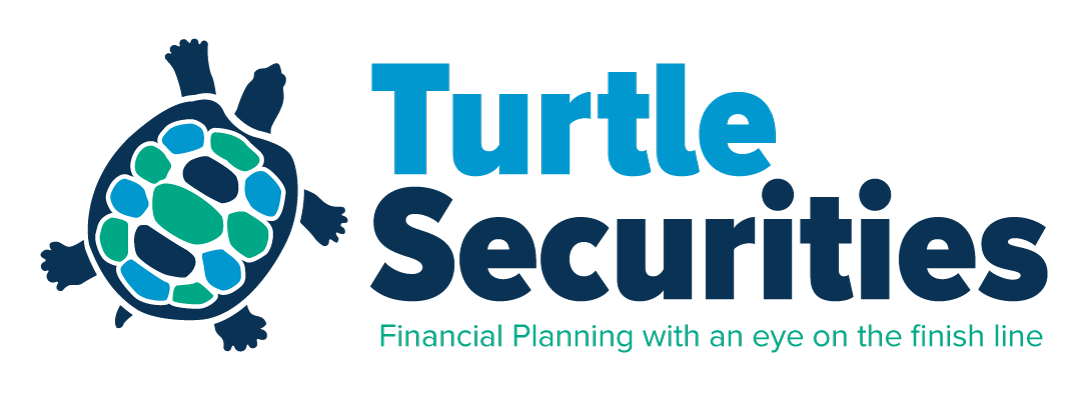Investment Planning - How to reach your financial goals
When we think about growing wealth - one of the clear options is to invest.
But when it comes to investment planning, it’s not as simple as picking a strong share and throwing some money in.
You need to find investments that fit your financial goals, investing time frame and risk tolerance.
With help from Moneysmart ( link to GOV website), we have put together an overview of the different types of investments, so you can find the right ones for you.
Types of investments and returns
Investments can either be classified as defensive or growth investments.
Defensive investments
Defensive investments are lower risk investments. They aim to provide income and protect the capital invested. Defensive investments include cash and fixed interest investments.
They're typically used to:
- Meet short-term financial goals (up to two years).
- Diversify a portfolio.
Cash includes bank accounts, high interest savings accounts and term deposits. It is a short term investment with very low risk and an average return over the last 10 years of 3% per year.
Fixed interest includes government bonds, corporate bonds, debentures and capital notes. It is a short term investment with low risk and an average return over the last 10 years of 3–4% per year.
Growth investments
Growth investments are higher risk and offer a higher potential return compared to defensive investments.
They aim to give capital growth and some provide income (for example, dividends for shares or rent for property). But, the price of growth investments can be volatile over short periods of time.
Growth investments are typically used to:
- Earn a higher rate of return (but this comes with higher risk).
- Meet longer term financial goals, five years or more.
Growth investments include shares, property and alternative investments.
Property investments (residential and commercial) are used to earn a steady rate of income (rent) and offer capital growth. It is a long term investment with a medium to high risk.
Shares offer capital growth and some provide income (dividends). They are generally a high risk with a long term timeframe.
Alternative investments include private equity, infrastructure, commodities and other investments that don’t fall into the investment classes above. Most aim to provide capital growth while some have the potential for steady income. Most alternative assets are high risk.
How to choose your investments
Before you invest, make sure you research your investment to understand:
- How the investment works.
- How it generates a return and the type of return expected (capital gain or income).
- The risks involved for the investment.
- The fees and charges for buying, holding and selling the investment.
- How long you should invest to receive the expected return.
- Legal and tax implications of the investment.
- How the investment will contribute to your diversified portfolio.
If you need help deciding on the right investments - we can help.
At Turtle Securities, we provide a range of Financial Planning Services in a holistic manner to help our clients achieve their financial goals.
We believe in genuinely helping, adding value, and providing certainty of financial outcomes in the best interest of our clients.
Decide how you'll invest
When it comes to investing you need to decide whether you'll:
- do it yourself, or
- pay a professional to do it for you
Both options have their pros and cons — and you can, of course, do both.
Buy and sell investments yourself
The advantage of investing yourself is that you're in control of all the decisions. It can also be cheaper than paying someone to invest your money.
However, the risk is that you may overrate your expertise and may not diversify. You also need to ensure you thoroughly research where your money is going - and continuously monitor, to see how they're performing.
Use a professional investment manager
If you invest in a managed fund, some managed accounts, exchange-traded fund (ETF) or a listed investment company (LIC) your money is pooled with other investors. A professional investment manager then buys and sells investments on your behalf.
When you use a professional, you benefit from their skills and knowledge to make investment decisions.
But you also have to pay fees for this service. These can include management fees, administration fees and entry and exit fees.
Invest through your super
If your goal is to save for retirement, contributing more to super is generally the best way to do this.
Investing with a financial adviser
A financial adviser can help you set your financial goals, understand your risk tolerance and find the right investments.
When you work with us, we enter into a relationship with you, to deeply understand your situation and your goals.
We gather all the information we need to assist in identifying your goals and any potential financial issues. We then use this to put together a financial plan - then we help you implement it.
And we are there every step of the way.
So get in touch, if you’d like to talk to one of our experts.











